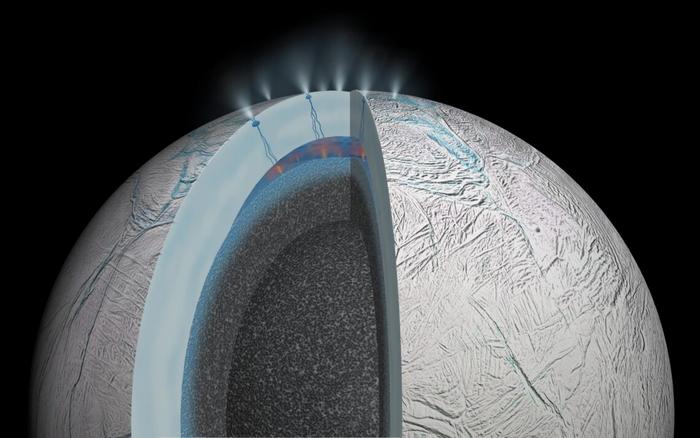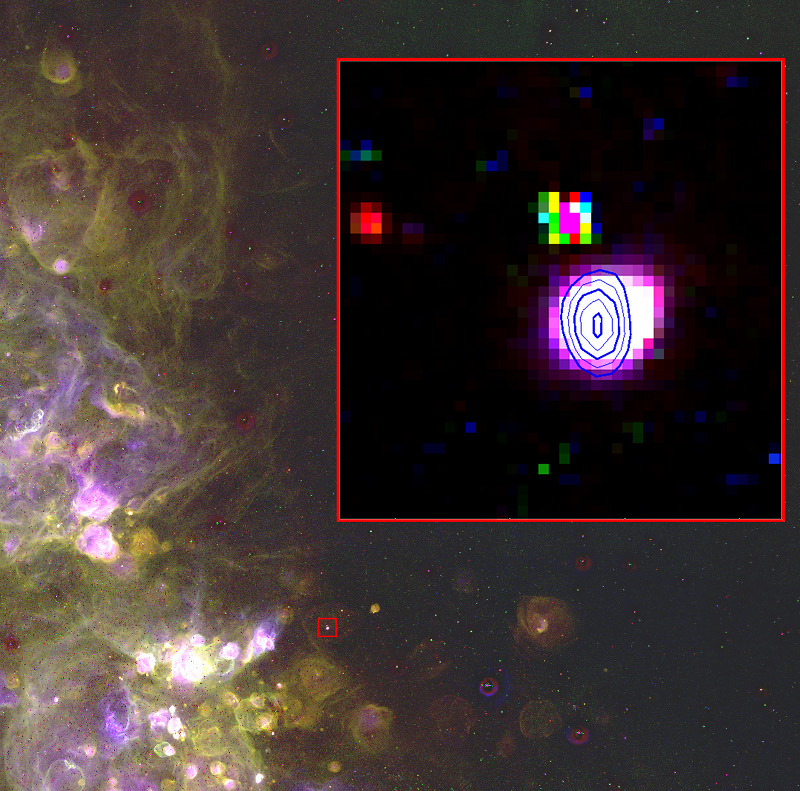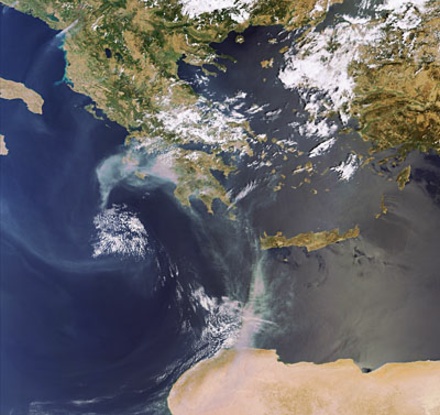"Devil's claw" is a plant that may hold a natural for arthritis, tendonitis and other illnesses that affect millions each year.
Years of drought in Africa's Kalahari Desert have pushed the Devil's claw toward extinction but scientists are making headway in efforts to produce the valuable medicinal chemicals of the Devil's claw and one group reported an advance at the American Chemical Society (ACS) meeting. The researchers described the first successful method of producing the active ingredients in Devil's claw — what made it a sensation to natural medicine proponents in Europe.
They say their technique could lead to the development of "biofactories" that produce huge quantities of rare plant extracts quickly and at little cost.
One of the biggest mistakes environmentally conscious people make is thinking that an 'organic' pesticide is somehow superior to an inorganic one. The word 'organic' may be the most misunderstood word in western Civilization because there is no structural difference in complex, carbon-based molecules whether they were created in a lab or on a tree.
Nature understands exactly what organic means, including what pesticides are designed to do. Whether or not a small group of people consider them organic is irrelevant - you won't want to eat food treated with Pyrethrin even though it is considered completely 'organic', for example.
But marketing wins big battles so people want foods produced in more natural ways - enter rosemary, thyme, clove, and mint.
Planetary nebulae are gas and dust shells ejected by stars near the end of their lives - typically seen around stars comparable or smaller in size than the Sun.
The existing population of planetary nebulae is found around small stars comparable in size to our Sun but a new population discovered due to the presence of unusually strong radio sources may be the long predicted class of similar shells around heavier stars.
A team of scientists in Australia and the United States call the new class of object “Super Planetary Nebulae.” They report their work in the journal Monthly Notices of the Royal Astronomical Society.
The UK Government, in its Digital Britain report in June, made a commitment that every home in the UK should have broadband access by 2012. A range of technologies, including wireless, will be used to deliver the basic broadband.
But the same government and its laws aimed at tackling illegal use of wireless internet connections are making broadband access impossible, according to research published today.
Daithí Mac Síthigh, a lecturer in IT and internet law at the University of East Anglia (UEA), says legislation may not be the most appropriate way to regulate 'wi-fi' sharing, where a network is used by more than one person, and needs clarifying so it does not hold back provision of community wifi schemes.
The knock on drastic global warming mitigation solutions by detractors is that it may end up being expensive and not accomplish much - the classic government scenario.
'Cash for Clunkers' is an example of that, according to new UC Davis estimates which say the federal government's 'Cash for Clunkers' program is paying at least 10 times the sticker price to reduce emissions of carbon dioxide.
And that's in comparison to carbon credits, already unlikely to work. Carbon credits are projected to sell in the U.S. for about $28 per ton (today's price in Europe was $20) so even the best-case calculation of the cost of the clunkers rebate is $237 per ton, said UC Davis transportation economist Christopher Knittel.
Air conditioning technology hasn't changed much in the last 50 years and though different climates have different optimal air conditioning requirements, economies of scale force companies into a one-size-fits-all method.
Many western states are hot and dry, for example, but use cooling systems that were designed for warm and humid climates.
Launched in June 2008, the UC Davis Western Cooling Challenge is a program of activities designed to help cooling-unit manufacturers deliver better products and get them installed in low-rise, nonresidential buildings, like suburban retail and office buildings. The Cooling Challenge is based on the premise that Western-specific technologies should be able to cool using far less energy.
 Study: Caloric Restriction In Humans And Aging
Study: Caloric Restriction In Humans And Aging Science Podcast Or Perish?
Science Podcast Or Perish? Type 2 Diabetes Medication Tirzepatide May Help Obese Type 1 Diabetics Also
Type 2 Diabetes Medication Tirzepatide May Help Obese Type 1 Diabetics Also Life May Be Found In Sea Spray Of Moons Orbiting Saturn Or Jupiter Next Year
Life May Be Found In Sea Spray Of Moons Orbiting Saturn Or Jupiter Next Year









